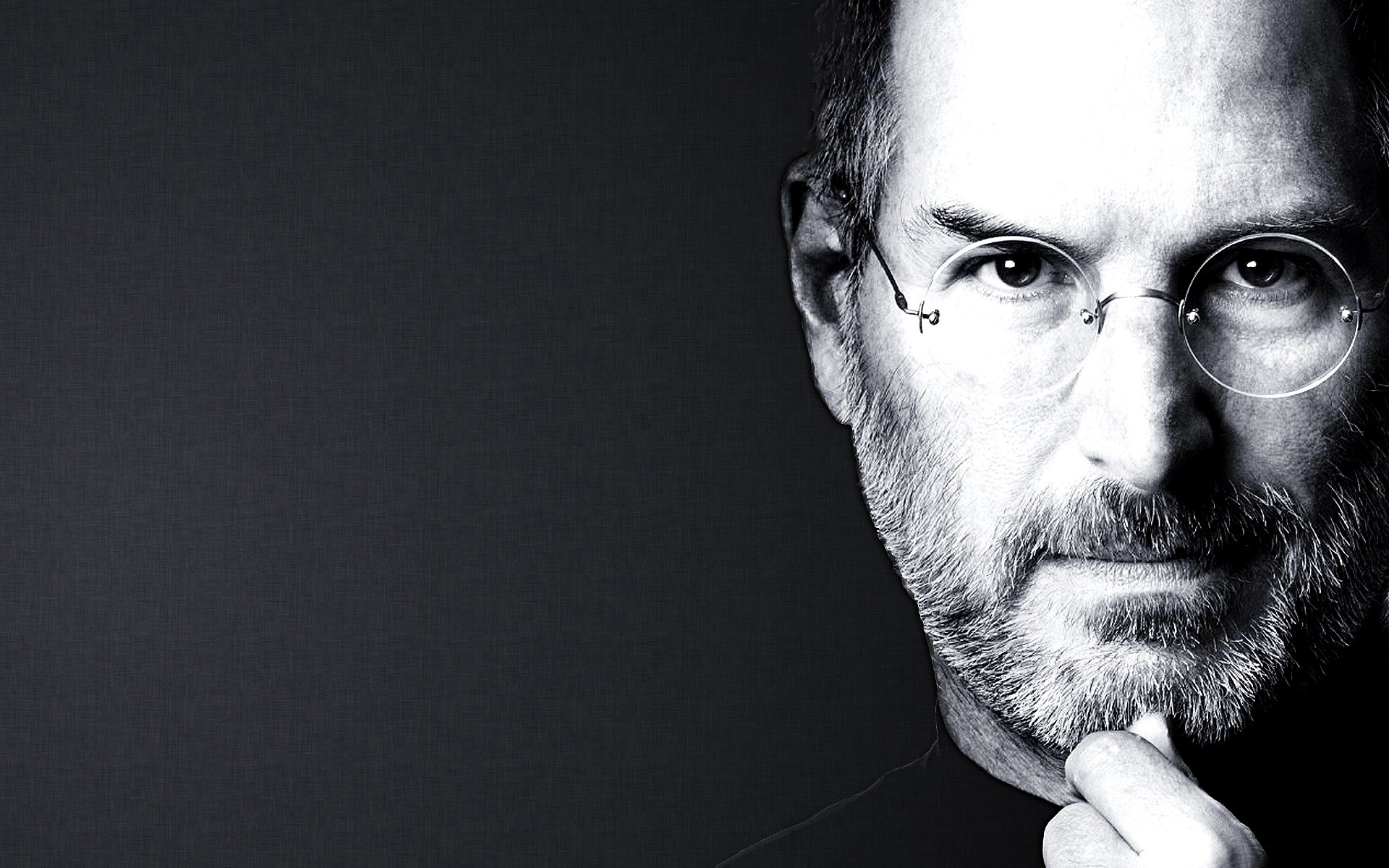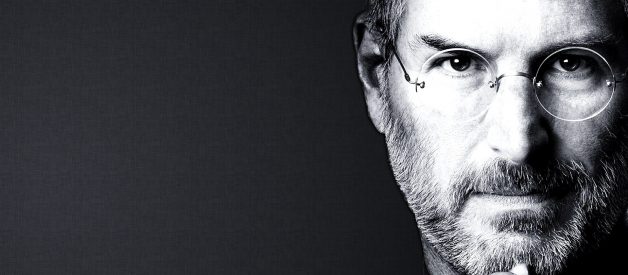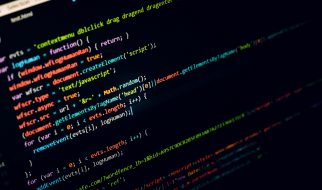
The news of Steve Jobs? death has been exploding in the international media, shocking Apple lovers from all over the world. Much has been said about him today, and I?m sure over the next few days (at least), archives of his various public appearances and quotes are going to be shown all over the TV and internet. His death was a shock to most people, but after hearing about the sad news, I came across an article that really shocked me, with a twisted new piece of information. Jobs? death could have been prevented ? he could have been saved. What went wrong? Unfortunately, pseudoscience.
Naturopathy
Brian Dunning from Skeptoid wrote a thoughtful piece in which he reluctantly described the bad decision Jobs made to try to improve his health by using naturopathy alternative therapy instead of traditional medicine. [October 7 update: It?s not clear whether a ?naturopath? gave Jobs his alternative medicine recommendation, but ?naturopathy? could mean many things, so it?s possible but unconfirmed.] Just to give you an idea of what naturopathy is, this is from naturopathy.uk:
A Naturopath is a health practitioner who applies natural therapies. Her/his spectrum comprises far more than fasting, nutrition, water, and exercise; it includes approved natural healing practices such as Homeopathy, Acupuncture, and Herbal Medicine, as well as the use of modern methods like Bio-Resonance, Ozone-Therapy, and Colon Hydrotherapy.
Homeopathy? Acupuncture? Okay, so basically naturopathy is placebo-based nonsense. Or to be a little more specific, non-science. Don?t take my word for it, though. Last year, on his blog Respectful Insolence, Orac wrote about what naturopaths actually said regarding their views on science. Tim Birdsall, a ?naturopathic oncologist? (who has since deleted his blog) said:
?And so I began to ponder the question, ?What?s wrong with research?? A part of me becomes enraged at the reductionistic, allopathic, biomedical model, which breaks things down into components so small that all synergism, all interdependence is stripped away, and then declares those components to be ineffective. Another part argues that the wrong component was selected, or was a synthetic form (although in the lung cancer study, they used selenium yeast). But ultimately, I find myself becoming offended because I believe that these therapies work? Whoa! Believe??
Yes, belief in a method is great ? without it, my placebos would be useless. But just because I believe in something doesn?t make it so. (Honestly, I feel like I?m talking to a five-year-old whenever I argue with pseudoscience purveyors.) The only thing we can rely on is the scientific method, because that is the least biased method of ascertaining information about the natural world. But not according to naturopath Daniel Rubin, whose response to ?What is the biggest challenge in your work?? was this:
?The disease, to put it bluntly. We remain somewhat limited by the scope of our practice, and we must continue to work toward national acceptance of our practice as a valid system of medicine. I also think that one of the greatest challenges we face is the widespread public belief in the scientific method. Medicine cannot create success exclusively through clinical trials. We?re too reliant on the scientific method, and it stands in our way of forging ahead.?
Too reliant on the scientific method? Only someone with no understanding of science would say something this foolish. Unfortunately for customers of this bunk, they erroneously assume that these types of health measures are effective, when they?re really not. Now, I know what you?re thinking? ?but you still haven?t told me what naturopathy is!? Harriet Hall, a real doctor, explains it better than I can:
?When people ask me ?what is naturopathy?? I have never been able to give a good concise answer. I can confidently explain what acupuncture, chiropractic and homeopathy are all about, but naturopathy has eluded me. I finally realized that it?s not my fault. The whole concept is so ill-conceived and poorly defined that it cannot be grasped with a single definition. It is so nebulous that it allows its practitioners to believe and do almost anything. It is loosely unified by an emphasis on natural treatments that allow the body to heal itself, and an avoidance of drugs and surgery.?
The Fight Against Cancer
The Skeptoid article mentioned earlier describes the situation with Jobs? cancer.
?Seven or eight years ago, the news broke that Steve Jobs had been diagnosed with pancreatic cancer, but considering it a private matter, he delayed in informing Apple?s board, and Apple?s board delayed in informing the shareholders. So what. The only delay that really mattered was that Steve, it turned out, had been treating his pancreatic cancer with a special diet and other alternative therapies, prescribed by his naturopath. (I can?t find the original source for this, so I?m striking the statement that his self-treatment by diet had beed recommended by a naturopath.)
Most pancreatic cancers are aggressive and always terminal, but Steve was lucky (if you can call it that) and had a rare form called an islet cell neuroendocrine tumor, which is actually quite treatable with excellent survival rates ? if caught soon enough. The median survival is about a decade, but it depends on how soon it?s removed surgically.
Steve caught his very early, and should have expected to survive much longer than a decade. Unfortunately Steve relied on a naturopathic diet instead of early surgery. There is no evidence that diet has any effect on islet cell carcinoma. As he dieted for nine months, the tumor progressed, and took him from the high end to the low end of the survival rate.?
In 2004, this excerpt was published in an article on SFGate.com:
?Neuroendocrine tumors, the kind that Apple Chief Executive Officer Steve Jobs had surgically removed during the weekend, fall into a tiny category of pancreatic cancers that tend to grow very slowly and have a high survival rate, medical experts said Monday.
Jobs? form of the disease accounts for less than 5 percent of the 32,000 pancreatic cancer cases diagnosed each year in the United States.
Dr. Jeffrey Norton, a specialist in cancers of the digestive system at Stanford University Medical Center, said an estimated 80 to 90 percent of patients are still alive after 10 years, although predictions are difficult because the number of cases is so small.?
In other words, Jobs had a very good chance of survival, but he was unfortunately persuaded by alternative medicine purveyors. Dunning continues:
?Why did he do this? Well, outsiders like us can?t know; but many who avoid medical treatment in favor of unproven alternatives do so because they?ve been given bad information, without the tools or expertise to discriminate good from bad. Steve was exposed to such bad information, as are we all.
Eventually it became clear to all involved that his alternative therapy wasn?t working, and from then on, by all accounts, Steve aggressively threw money at the best that medical science could offer. But it was too late. He had a Whipple procedure. He had a liver transplant. And then he died, all too young.?
The Bottom Line
While some have basically taken this information to mean ?woo killed Jobs,? it?s not like we can simply blame naturopathy for killing him. Indeed, this brings us to the age-old question? ?What?s the harm??
I get asked this all the time when it comes to pseudoscience and placebos. Frankly, I wish this case would be the last example I need to give? but if history is any indication, it won?t be. The harm, aside from wasting time and money, is that the expectation of something like this to work often prevents people from seeking more standard healthcare. After all, why would I need to go through some complicated surgery if I can just pay for a healer to wave his hands over me? If you truly believe it works, you?re less likely to seek another form of medicine.
Jobs? death is painfully sad. His early death was for technology and innovation what Michael Jackson?s was for art and culture. He improved our quality of life, and challenged an industry to produce what has become an amazing new chapter in human history. I believe that we?re just getting warmed up in the digital age, thanks in part to this great and brilliant man?s dreams and imagination. All I wish out of this article is to have people understand why we have to say goodbye so early to a man who helped shape the world. Many of us use an Apple product all the time ? I personally have been using Apple products every single day since about two years ago.
So again, what?s the harm in pseudoscience? Since the fake medicine doesn?t do anything, you can?t really blame it, right? Well, if not for the cancer, he would be alive. But if not for the pseudoscience, he almost certainly would have lived a much longer life. The decision to undergo scientifically disproved or unsubstantiated practices is potentially dangerous for everyone. So whenever someone asks you what the harm is, you can tell them this:
The cancer was indeed killing Steve Jobs? but the pseudoscience just let him die.
[Update: For more information, read these articles that were published after mine: Harvard Cancer Expert: Steve Jobs Probably Doomed Himself With Alternative Medicine and Why did Steve Jobs choose not to effectively treat his cancer?]


